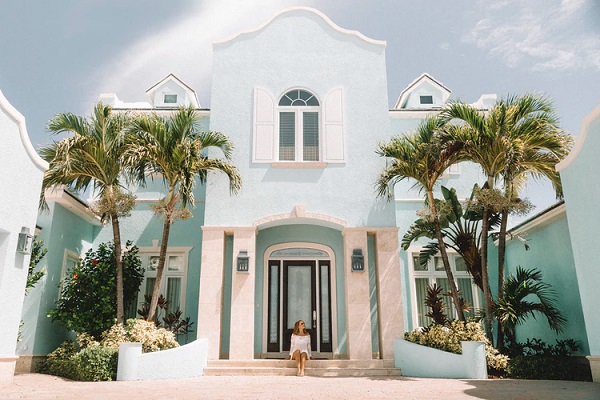Have you found the home or business property of your dreams? The price is right, love the location but there is just one drawback – it is located in a flood zone.
A flood zone is a geographic area historically proven to be in danger of flooding. Not only is living or working in a flood zone a safety hazard, but it can also present a financial risk that you are not in a position to accept.
Before proceeding with the purchase of the property consider the following:
1. The Flood Zone type
There are many types of flood zones, categorized by the Federal Emergency Management Agency (FEMA) and based on the type and frequency of potential flooding. Flood zone types include:
- Types beginning with “A” are the most hazardous of the flood zones as they have a 1% chance of flooding yearly and 26% chance of flooding over the life of the mortgage
- Types beginning with “V” are also hazardous and apply to coastal property
- Types B and X are considered areas of moderate flood danger
- Types C and X are considered areas of minimal flood danger
A lender in the higher risk areas will certainly require flood insurance; however, it is wise to consider flood insurance on any property located in a flood zone. Get a quote from habermaninsurance.com – their insurance professionals will be happy to discuss the pros and cons of flood insurance with you.
2. Risk vs Cost
Just because FEMA categorizes an area as low risk doesn’t mean it will never sustain a damaging and costly flood. Most, if not all, homeowner’s and commercial property owner’s insurance does not include coverage for flood damage to the building and personal property.
Compare the cost of flood insurance to the potential cost of a devastating flood – it may well be the safe way to go. Flood insurance is underwritten by both the National Flood Insurance Plan (NFIP) and through private, for-profit insurance companies.
3. How old is the property?
Three key factors used to determine the cost of flood insurance are:
- Location/flood zone type (#1)
- Type of coverage (#2)
- Age of property
Before investing in a home or business property in a flood zone, be sure to investigate the particulars including the age and condition of the property. Is the property structurally sound enough to face a flood? Will it be able to be modified to mitigate a potential flood risk?
Will these costs outweigh the value of the property, both on paper and to you personally? The age of the house will also play a significant role in the cost of the insurance which, again, may deter you from purchasing the property.
4. Elevation Certificate
Your insurance agent will request an Elevation Certificate when estimating your flood insurance policy. This document will include information on the building’s elevation and will be used in conjunction with other pertinent information, such as the flood zone type, to determine the cost of the insurance.
When considering a home or commercial property located in a flood zone, do your homework and be sure to take every precaution you can afford, including flood insurance. Flooding is not something that you get notice of days or even hours ahead.
For example, Ellicott City, MD in a flood zone but had not experienced a damaging flood for over 40 years. In July 2016 the town was hit by severe flash flooding causing devastation and loss of life. This disaster, considered to be a hundred-year flood, repeated itself just 22 months later in May 2018 and was equally as damaging. Stay safe and never underestimate the power of nature.



